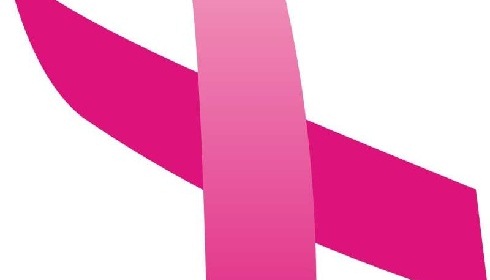
Coherus offers its China-made PD-1 Inhibitor, Loqtorzi at 20% less than MSD’s Keytruda
In what could be a significant development for the pharmaceutical industry, Coherus BioSciences has disclosed the U.S. pricing for Loqtorzi, the first PD-1 inhibitor developed in China.
In a securities filing recently, the company announced a wholesale acquisition cost of $8,892.03 per single-use vial for the drug.
Loqtorzi, licensed from Junshi Biosciences of China, received FDA approval in October 2023 for treating advanced nasopharyngeal cancers (NPC). Administered every three weeks alongside chemotherapy as a first-line treatment for patients with metastatic or recurrent locally advanced NPC, the list price of Loqtorzi is 20% lower than the triweekly price of $11,115.04 for MSD's top-selling PD-1 drug, Keytruda.
Coherus CEO Denny Lanfear, during a conference call with investors, emphasised that the company would not resort to "heavily discounted pricing" for Loqtorzi. Lanfear considers the 20% discount a "modest" reduction, describing Loqtorzi's entry-point price as "very reasonable."
It may be recalled that before Loqtorzi's FDA approval, off-label use of PD-1 inhibitors for NPC was observed in the U.S.
Coherus established the pricing to ensure the smooth adoption of Loqtorzi as per FDA guidelines, enabling the company to actively promote the drug to both patients and physicians.
PD-1 inhibitors are renowned for their efficacy across multiple cancer types, and Coherus said that it does not plan to alter Loqtorzi's price as the drug expands to new indications.
Lanfear clarified that their pricing strategy is not contingent on the specific indication. However, he said that some annual price increases as per industry standards.
The pricing of Loqtorzi by Coherus sets a benchmark for other China-made PD-1 inhibitors in the pipeline. BeiGene awaits an FDA decision for tislelizumab, while Novartis recently terminated its partnership for tislelizumab with concerns over the evolving treatment landscape.
Several other Chinese companies, including Arcus Biosciences and Fosun Pharma, are developing PD-1 inhibitors. The landscape of drug development in China is changing, with drugs seeking U.S. approval, narrowing the cost gap traditionally associated with R&D activities in the country.
The FDA's rejection of Tyvyt, a China-made PD-1 inhibitor, due to pivotal trial data from China alone and outdated therapy comparisons underscores the evolving regulatory environment. The FDA's insistence on global clinical trials reflective of the U.S. treatment landscape implies higher costs for Chinese drugmakers conducting trials outside China. This shift may impact the pricing dynamics of cancer drugs seeking approval in the U.S.